Socio-Economic Rights and Accountability Project (SERAP) has called on President Bola Tinubu to instruct the Nigerian National Petroleum Company Limited (NNPCL) to immediately reverse the recent increase in the pump price of premium motor spirit (PMS), also known as petrol, across its retail outlets.
SERAP has also called on the President to instruct the Attorney General of the Federation and Minister of Justice, Lateef Fagbemi (SAN), and appropriate anti-corruption agencies to investigate the allegations of corruption and mismanagement in the NNPCL.
The organisation listed the allegations to include the spending of the reported $300 million ‘bailout funds’ obtained from the Federal Government in August 2024 and the $6 billion debt it owes suppliers despite allegedly failing to remit oil revenues to the treasury.
SERAP, which made the demands, in an open letter dated September 7, 2024, signed by its Deputy Director, Kolawole Oluwadare, threatened to drag the federal government to court if its requests are not met in 48 hours.
The civil society organisation insisted that suspected perpetrators of alleged corruption and mismanagement in the NNPCL should face prosecution as appropriate if there is sufficient admissible evidences and any proceeds of corruption should be fully recovered.
It further maintained that the increase in petrol price constitutes a fundamental breach of constitutional guarantees and the country’s international human rights obligations.
SERAP said that rather than pursuing public policies to address the growing poverty and inequality in the country and holding NNPCL to account for the alleged corruption and mismanagement in the oil sector, the government seems to be punishing people experiencing poverty.
The organisation stated that the increase in petrol price has rendered impoverished citizens incapable of satisfying their minimum survival needs.
It emphasised that the increase is not inevitable, but rather stems from the persistent failure of successive governments to address allegations of corruption and mismanagement in the oil sector and the impunity of suspected perpetrators.
SERAP further pointed out that corruption in the oil sector and the lack of transparency and accountability in using public funds to support the operations of the NNPCL has led to continual and illegal increases in petrol prices.
It states, “Holding the NNPCL to account for alleged corruption and mismanagement in the oil sector would serve legitimate public interests.
“The increase is causing immense hardship to those less well-off. We are concerned that as the economic situation in Nigeria deteriorates, the rise in petrol prices is pushing people further into poverty.
“Increasing petrol prices at a time when millions of Nigerians continue to face worsening economic conditions is entirely inconsistent with your government’s constitutional and international obligations to ensure the minimum living conditions compatible with human dignity.
“The arbitrary increase has placed a disproportionate burden on the marginalised and most vulnerable sectors of society, particularly those disadvantaged by poverty.
“The increase is seriously jeopardising their living conditions, well as individuals’ physical, emotional, and individual development, and intensifying and worsening socioeconomic conditions in the country.
“The increase constitutes a serious human rights problem because of the intensity with which it undermines the enjoyment and exercise by Nigerians of their human rights and renders their civic participation illusory.
“The fundamental right to life includes not only the right of every Nigerian not to be deprived of their life arbitrarily, but also the right that they will not be prevented from having access to the conditions that guarantee a dignified existence.
“The growing poverty and inequality in the country has continued to adversely affect the right of Nigerians to participatory democracy and impede their ability to participate in their government.
“Persistent increases in petrol prices keep people in poverty, which in turn perpetuates discriminatory attitudes and practices against them.
“Your government has a legal obligation to mobilise the maximum of the country’s available resources to ensure people’s socio-economic rights and to protect the most vulnerable and disadvantaged Nigerians.
“Your government also has the legal obligations to probe and prosecute allegations of corruption and mismanagement in the NNPC and to ensure access to justice and effective remedies for victims of corruption.
“Investigating and prosecuting allegations of corruption and mismanagement in the oil sector would be entirely consistent with the Nigerian Constitution and the country’s international anti-corruption obligations.
“Section 13 of the Nigerian Constitution 1999 [as amended] imposes clear responsibility on your government to conform to, observe and apply the provisions of Chapter 2 of the constitution. Section 15(5) imposes the responsibility on your government to ‘abolish all corrupt practices’, including in the NNPCL.
“Under Section 16(1) of the Constitution, your government has a responsibility to ‘secure the maximum welfare, freedom and happiness of every citizen based on social justice and equality of status and opportunity.
“Section 16(2) further provides that ‘the material resources of the nation are harnessed and distributed as best as possible to serve the common good.
SERAP said it has it in good authority that the Nigerian National Petroleum Company Limited recently increased the price of premium motor spirit (PMS), also known as petrol, across its retail outlets.
“The product price increased to N855 per litre, from about N600, and in some instances above N900 per litre. The unlawful increase in petrol price followed a scarcity caused by the reported refusal by suppliers to import petroleum products for the NNPCL over a $6 billion debt.
“The NNPCL reportedly failed to remit USD$2.04 billion and N164 billion of oil revenues into the public treasury, as documented in the recently published 2020 annual report by the Auditor-General of the Federation,” SERAP said.

 2 weeks ago
2
2 weeks ago
2


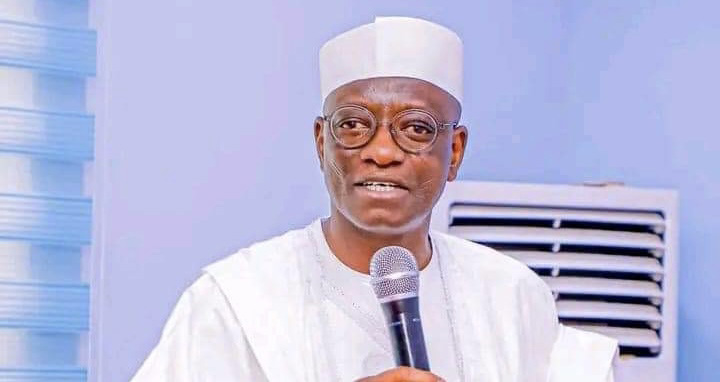


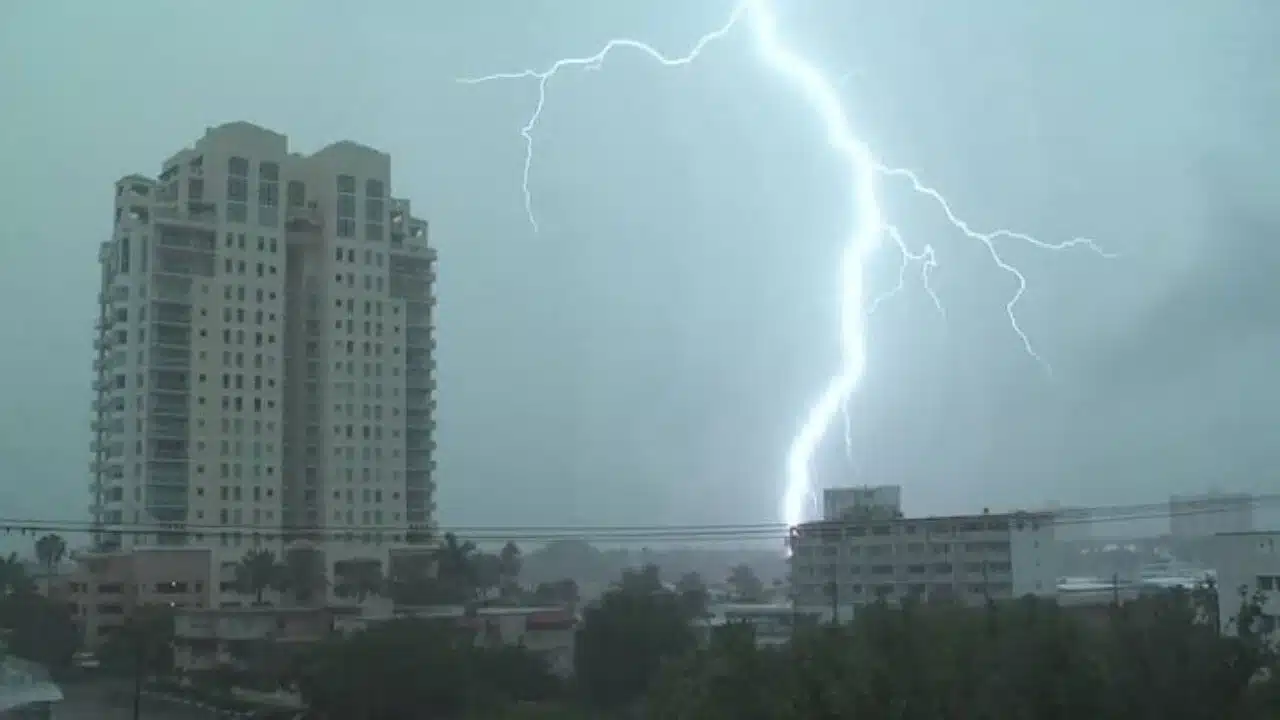



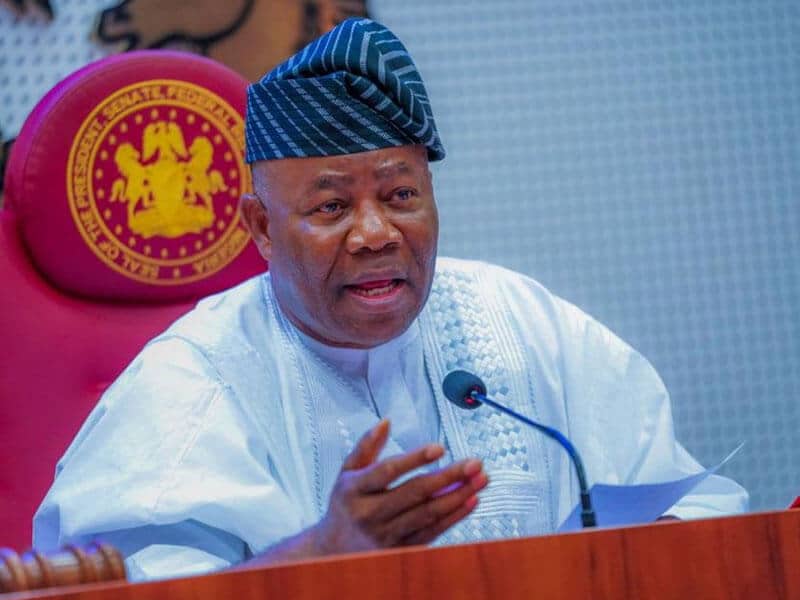

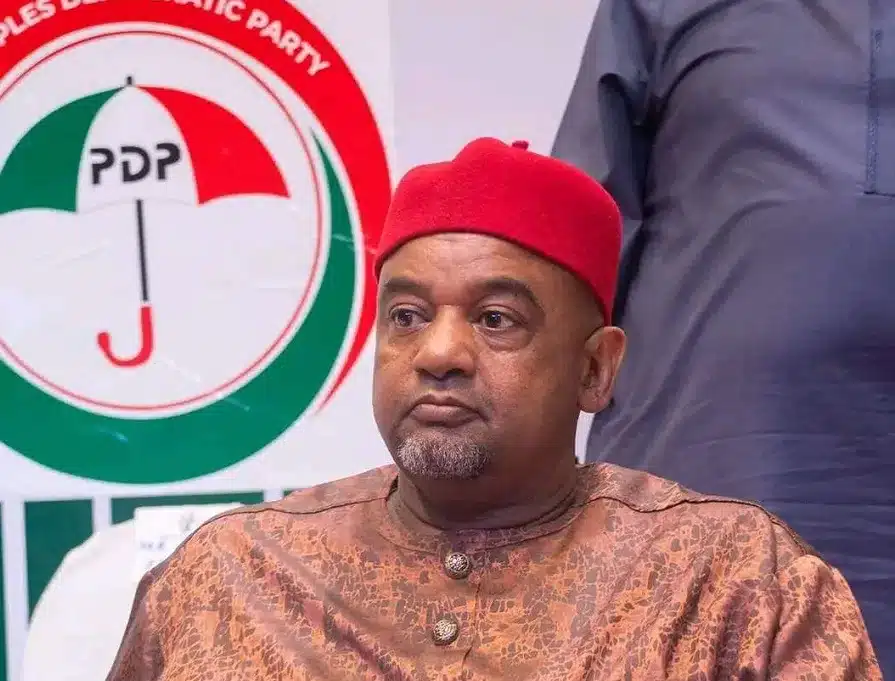

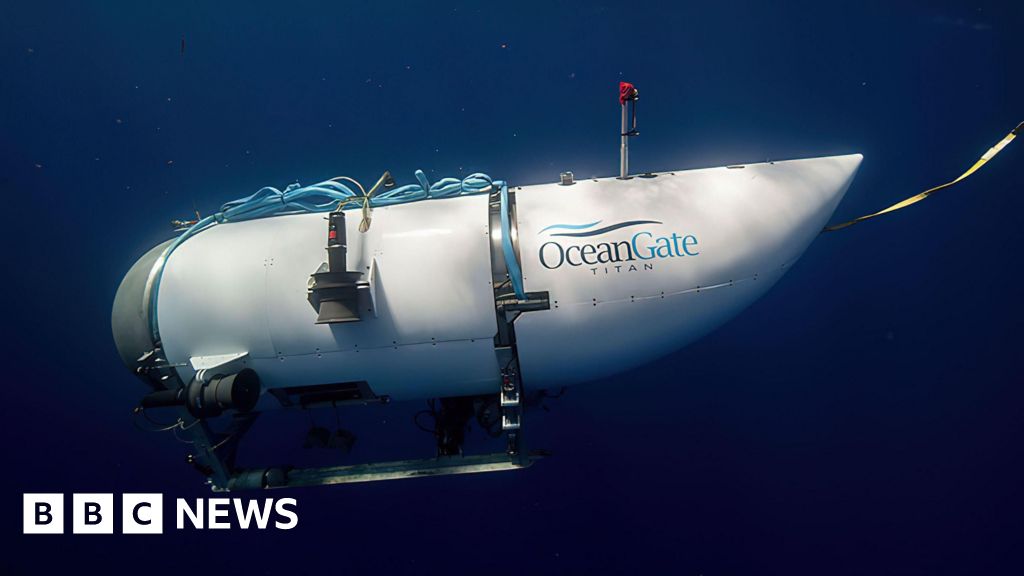

 English (US) ·
English (US) ·